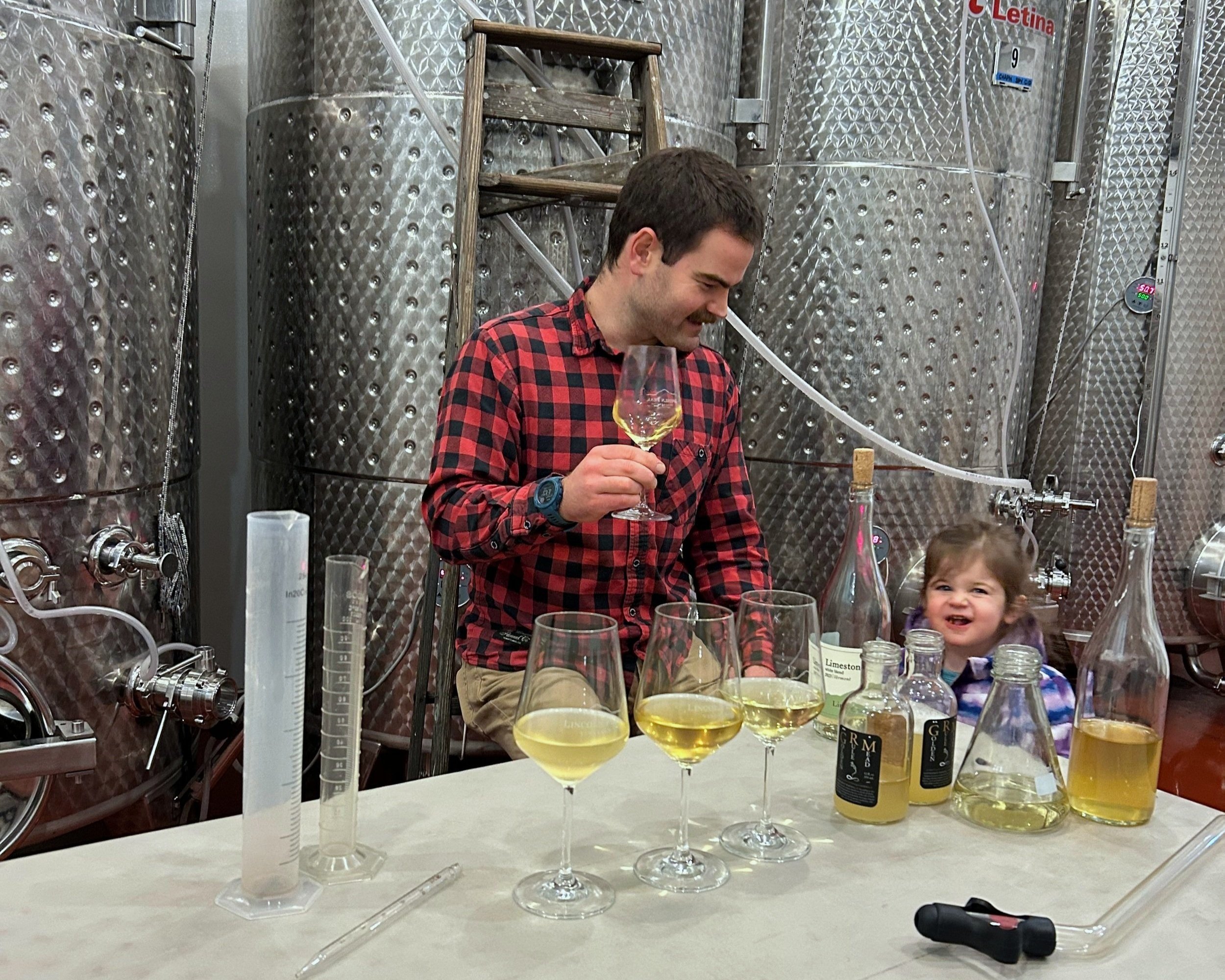A focus on sustainability and ecology through regenerative agriculture
Spring in Vermont is a time of life-giving warmth and color—a clear, compelling reminder of the importance of natural beauty on the human condition. Spring is also a time to act. To act upon lessons learned from the previous season, upon new farming plans formulated in the winter, and toward long term goals for the vineyard and the environment as a whole.
As stewards of this land, we place great emphasis on strengthening the natural world, using our knowledge and vitality to preserve its beauty and resilience. The tenants of regenerative agriculture are central to our practices in the vineyard, especially those that protect the soil and encourage biodiversity.
“The major distinguishing factor of the regenerative farming philosophy is the emphasis on restoration, which translates to a hyper-focus on topsoil and cover crops. By increasing biodiversity, improving the water cycle, enhancing the ecosystem, and supporting biosequestration, the regenerative farm strengthens the health of its own soil and increases the earth’s resilience to climate change.”
You’ll hear lots more about our farming philosophy in the future, but check out what we’re doing in the vineyard this spring to work toward our goals.
Last week we added three new members to our vineyard crew! Pruson, Foxy, and Wobbles are two month old Shropshire lambs from our neighbors at Werner Tree Farm. They’ll be hanging out with us this spring, grazing the vineyard floor, aerating the soil, and leaving behind some fertilizer.
Shropshires, once the most widespread sheep breed in Vermont, fell out of favor in the mid-20th century but are now making a comeback because of their use in regenerative agriculture. Their unique distaste for new shoots growing on woody plants makes them perfect for rotational grazing in both vineyards and tree farms, allowing farmers to maintain beneficial cover crops without the disruptive and damaging use of herbicide or tillage.
We also managed to get three new bat houses installed in the vineyard with a goal to grow our bat colony on the farm. Grape berry moth is a very real threat to our crop every year, and most farmers spray insecticide to help control populations and limit damage. Bats eat massive amounts of insects and we’re hoping that if we give them a nice place to sleep, they’ll help us protect our crop without using insecticides.















